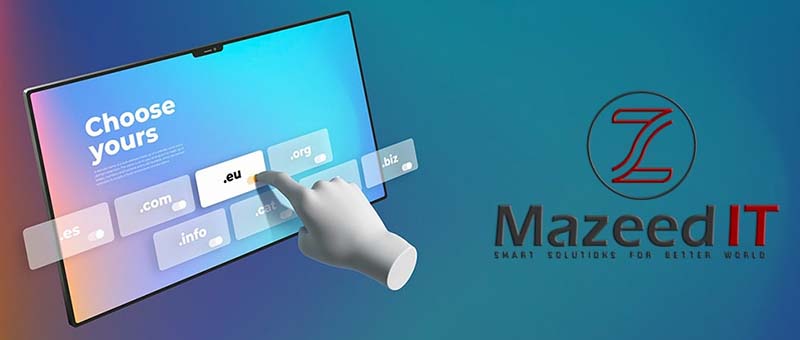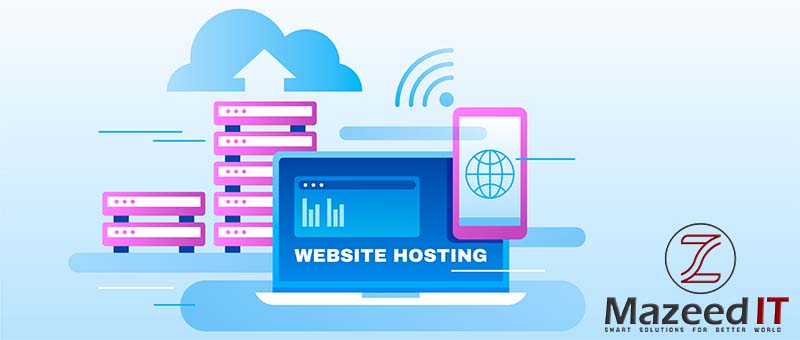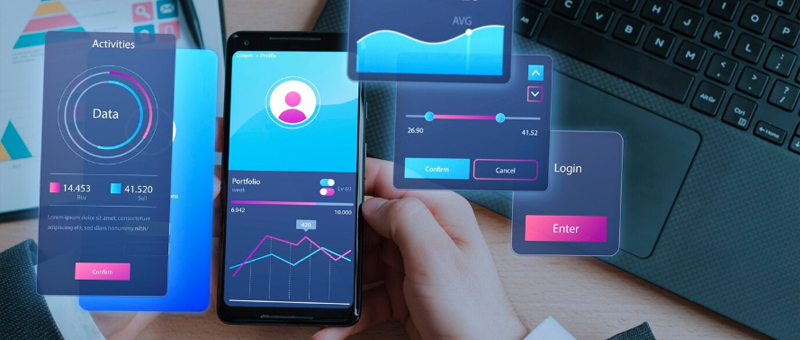
What does ERP mean?
Enterprise Resource Planning, also known as ERP, is a system that helps automate and manage business processes across finance, manufacturing, retail, supply chain, human resources, and operations. ERP systems that help leaders gain insights, improve operations, and improve decision-making help break down data silos and consolidate information between different departments.
Examples of ERP across business areas
Providing a comprehensive view of your company, ERP systems link the different operations and departments in your organization. You can zoom in to get a closer look at specific departments or zoom out to see how the company operates in general. This single view helps you navigate issues, remove barriers, and make the changes needed to continue growing your business.
With business intelligence in mind, ERP systems benefit many areas of an organization. Here are some examples of how well-defined ERP systems can organize and improve common business areas.
financing
Increase profitability, identify errors, reduce redundancy, and ensure compliance with business intelligence demonstrated by well-defined ERP systems.
manufacturing
Accelerating product delivery and production process, ERP systems provide a unified solution for manufacturing. As well as tracking, scheduling, and optimizing product manufacturing and delivery, the benefits of ERP systems support product to customer and everything in between.
retail
Creating seamless and simple operations, ERP systems deliver a unified retail experience. All product information, inventory, customer promotions and sales data are centrally managed, streamlining both in-store sales and online purchases.
supply chain
Support optimization, develop visibility, and streamline the supply chain - from sales to fulfillment, ERP systems help optimize logistics across production sites, warehouses, facilities, and transportation.
HR
Providing centralized data on a single platform, human capital management systems are often integrated into ERP systems. Enable employee success with benefits management, absence and leave management, onboarding options, attracting top talent, and compliance assurance tools.
Features and advantages of ERP systems
Real-time visibility into ERP systems improves decision-making, helps identify problems before they occur, and increases overall productivity.
By collecting data from a variety of different sources, ERP systems help you improve operational procedures. With a 360-degree view of your business operations, you'll be able to respond quickly to changes in requirements or regulations, while keeping all systems around the world in compliance.
With a comprehensive view of your business, here are some of the common benefits of clearly defined ERP systems:
Process optimization
Gain greater control over disconnected areas of your business with automation, task prioritization, and data integration of ERP systems.
Compatible teams
Increase work productivity, enable data flow between departments, and encourage collaboration by breaking down data warehouses.
consolidated data
Reduce redundancy and errors and enhance data accuracy by maintaining a central repository of data from all departments.
Improve decision making
Create predictive insights and data-driven decisions with real-time information about your organization.
Cut costs
Reduce errors and spot problems before they happen - insights across the business increase efficiency and reduce costs overall.
Define your company's ERP system
Businesses of all sizes can benefit from an ERP system. If your software is holding back your business expansion, now is a good time to identify a system that can help you grow. Although there are many systems out there, it is important to know what to look for when evaluating a potential ERP system for your organization. It is useful to consider these features when selecting a structured, appropriate and well-defined ERP system.
suitable for growth
Needs are constantly changing in the fast pace of today's business world. Find a system that will grow with your organization.
Adapt to your needs
Use one or more applications, with the flexibility to customize, extend and integrate your solution with other industry systems.
Cloud-based and mobile-friendly
Whether in the office or on the job site, find a solution that keeps your team connected wherever they are.
more than ERP
Find apps that offer the widest scope for your business. Combine CRM, ERP, HR, and other tools to connect all areas of your organization.
Pairing and sharing
Invest in a system that delivers a unified experience, letting you connect and share data across different applications.





